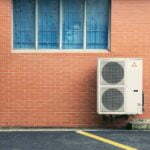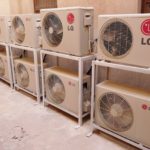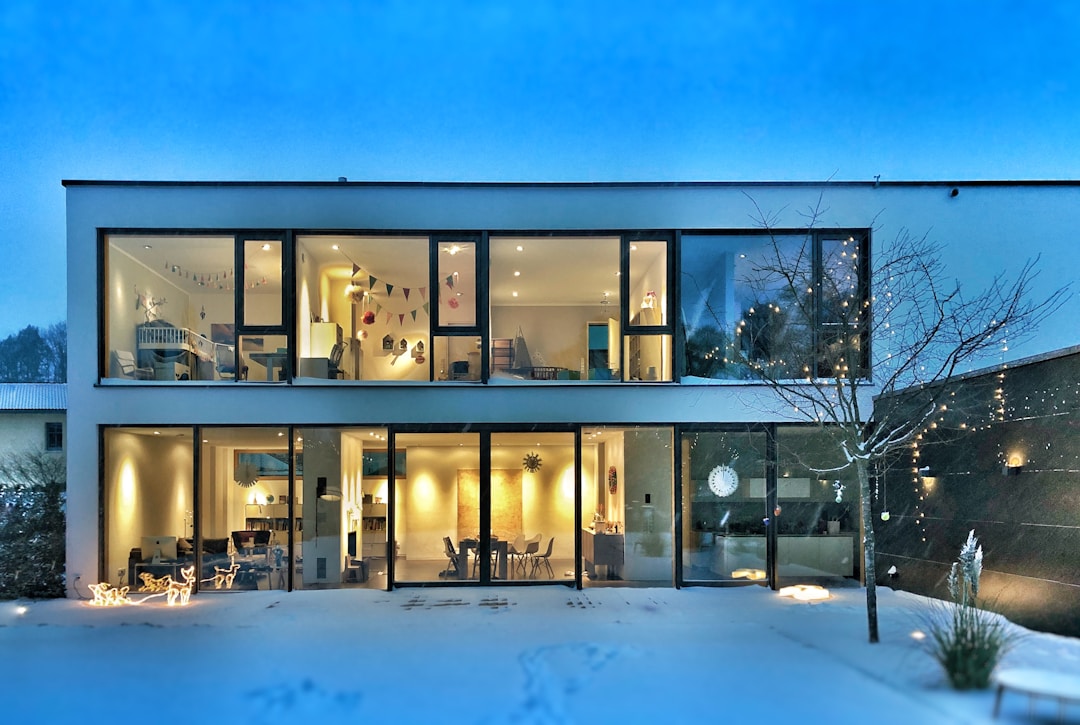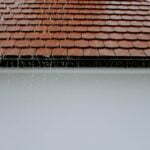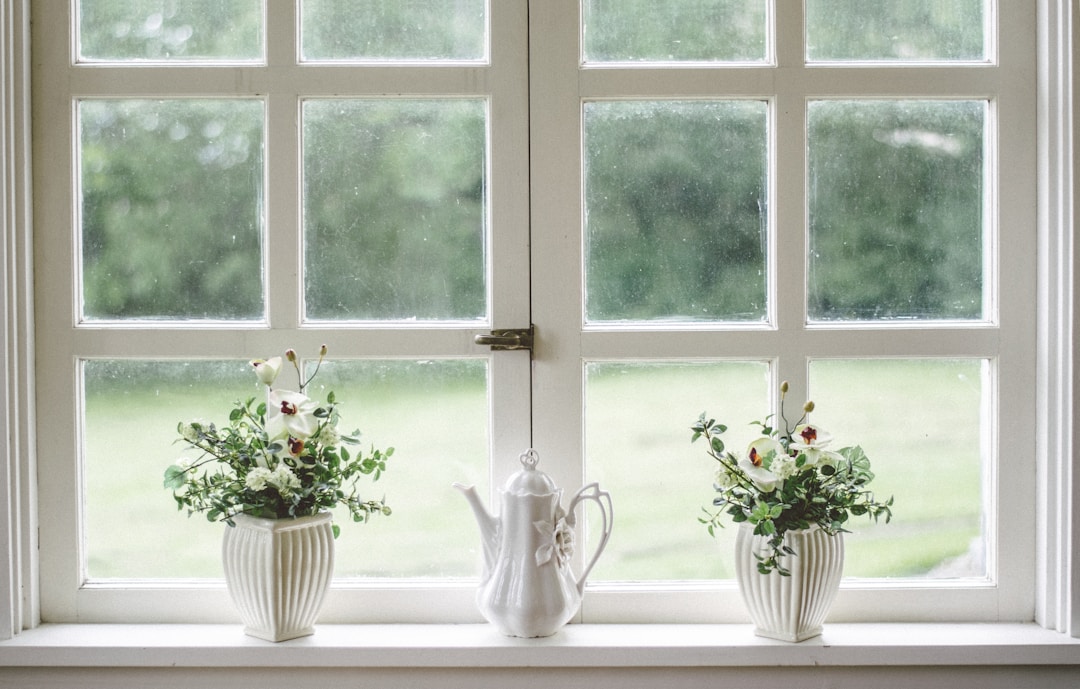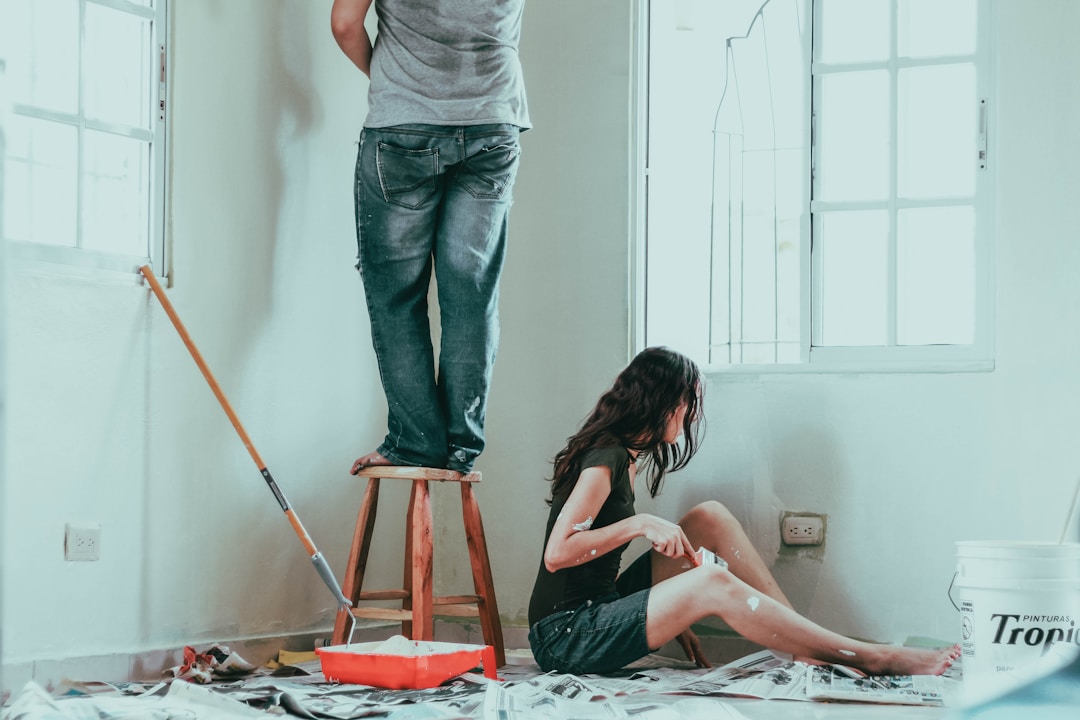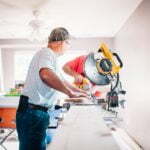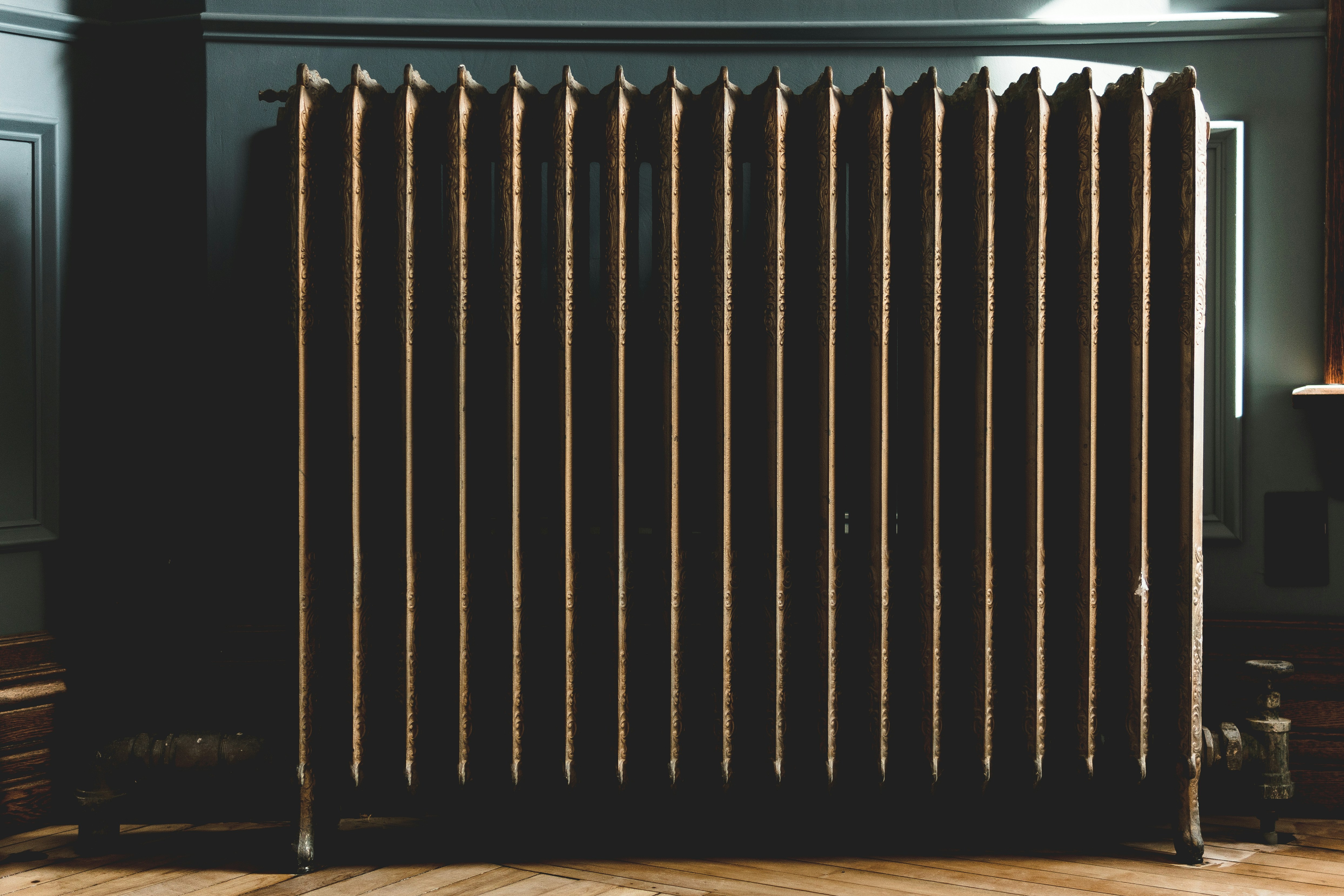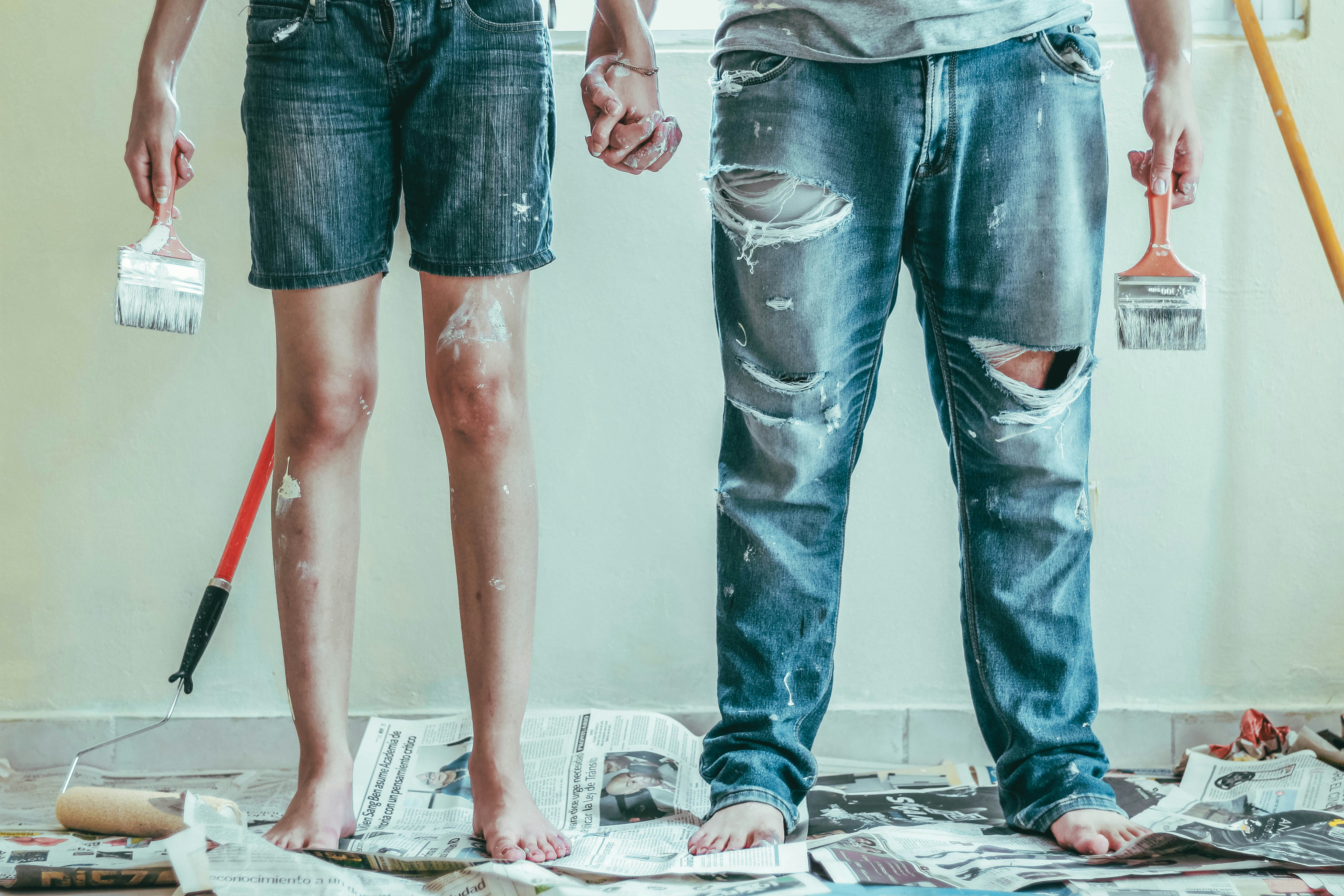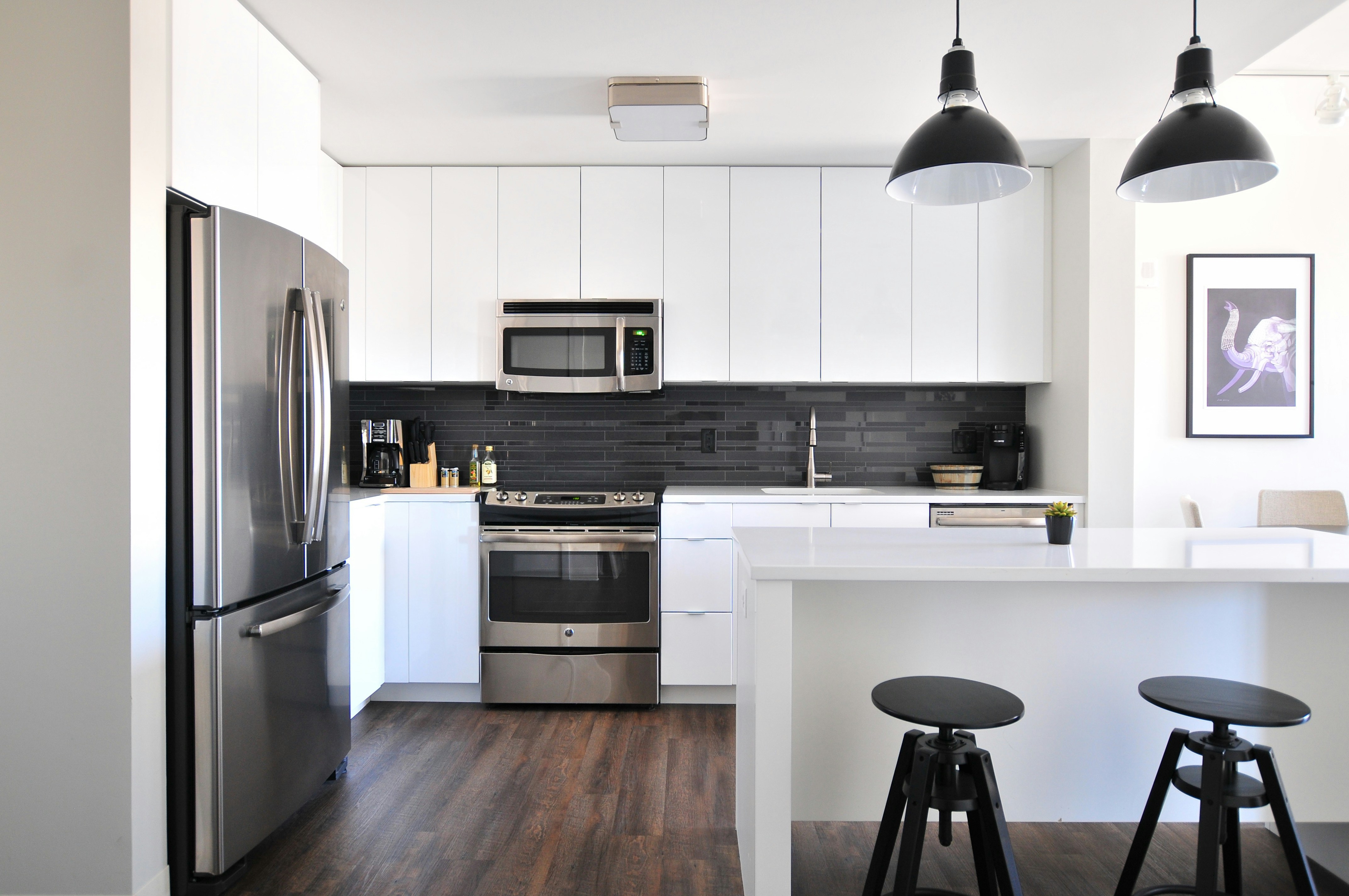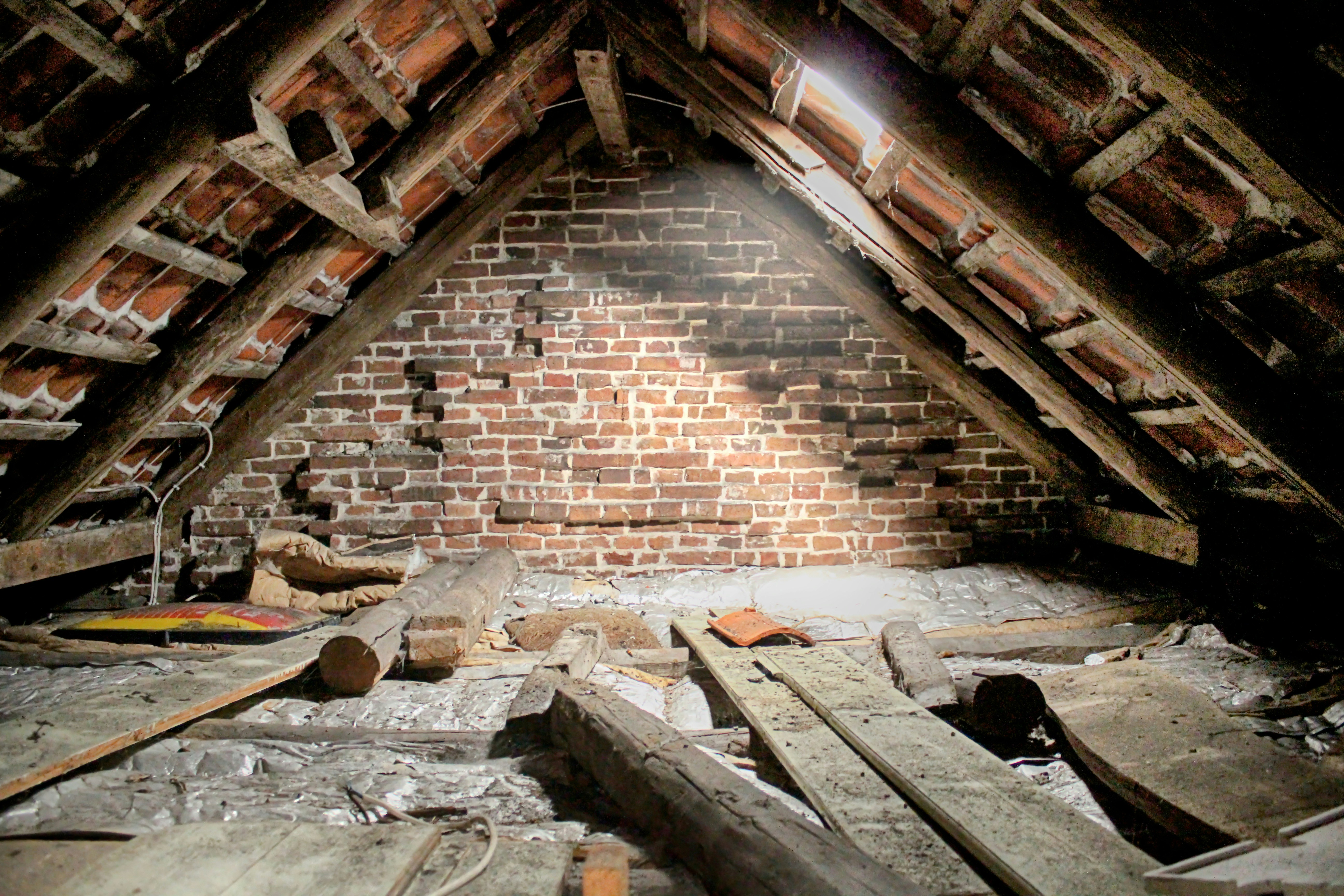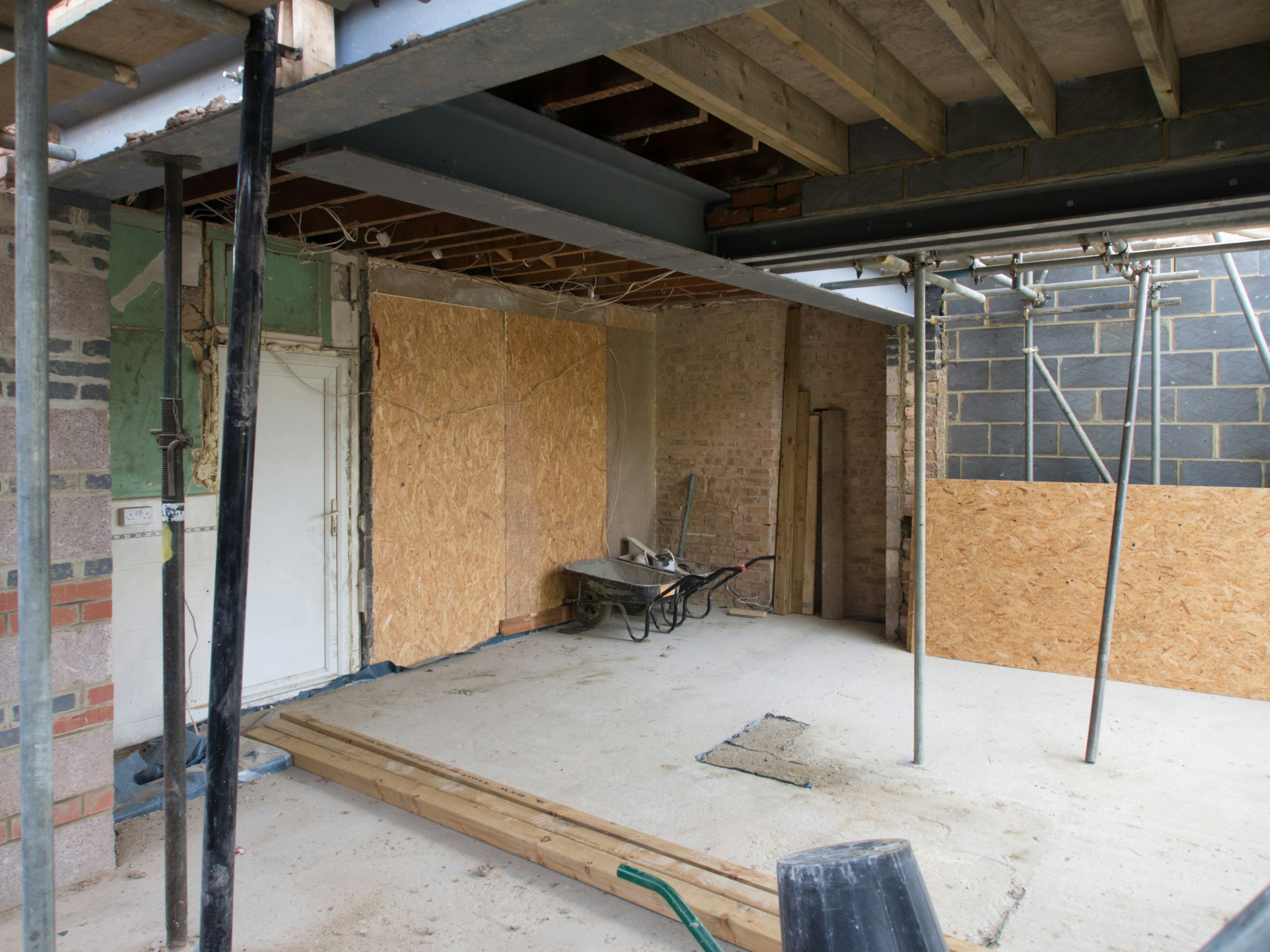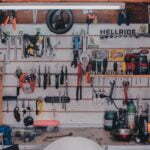Summer is rapidly approaching, and it’s important to have your home air conditioning running on all cylinders. Most homeowners are used to the issues that come with turning an AC unit back on after the winter, but other problems can rear their heads at any time. Regular maintenance can ensure that your air conditioner from an HVAC system to a window unit can keep the cool air coming well through to the fall.
Keep it clean.
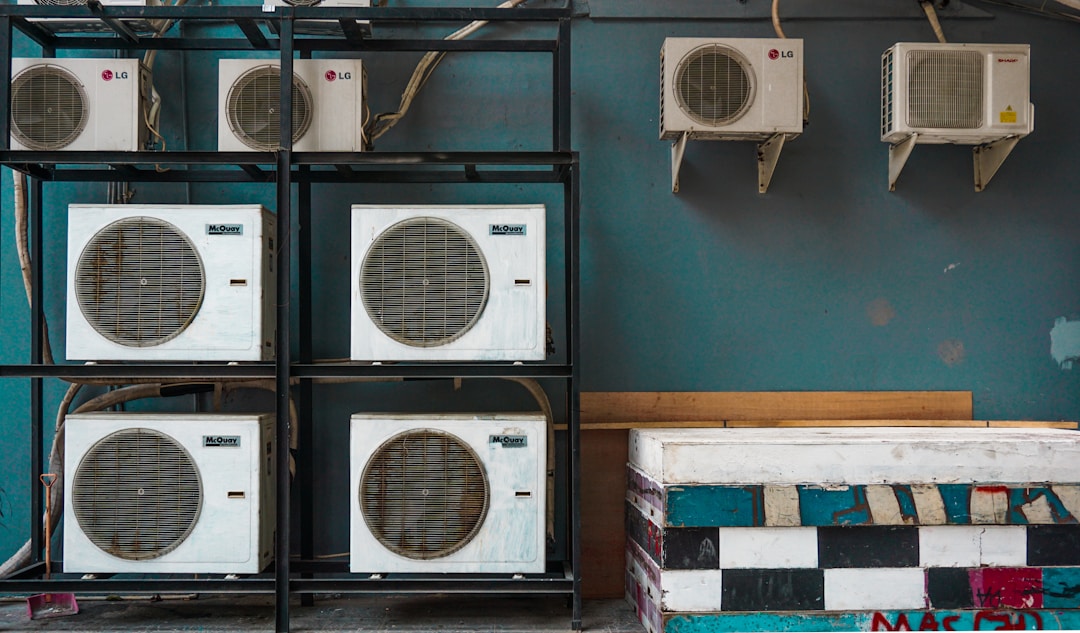
It doesn’t hurt to invest in air conditioner maintenance to help your bottom line. The truth is regular cleaning can have the greatest impact on the life of your system. If you have a window air conditioner, you want to clean or replace your air filters regularly. These filters accrue dust and other allergens over time with use, with those contaminants recycling back into the air. This can trigger allergies, asthma, and other respiratory conditions. Changing filters seasonally is a proper step of a preventive maintenance plan.
If you have a larger HVAC system, be sure to regularly clean ductwork and vents where dust may be building up. If you have a ductless HVAC with an outdoor unit, it’s important to clear away any debris that could be blocking the proper airflow. Shutting down power and taking a garden hose to scrub away any crud on these outdoor systems. This is a simple way to assure that energy efficiency remains paramount, as dust and debris can end up blocking air conditioning, making you run for the thermostat to lower the temperature. This increases energy consumption and puts more pressure on the unit.
Consider indoor air quality.
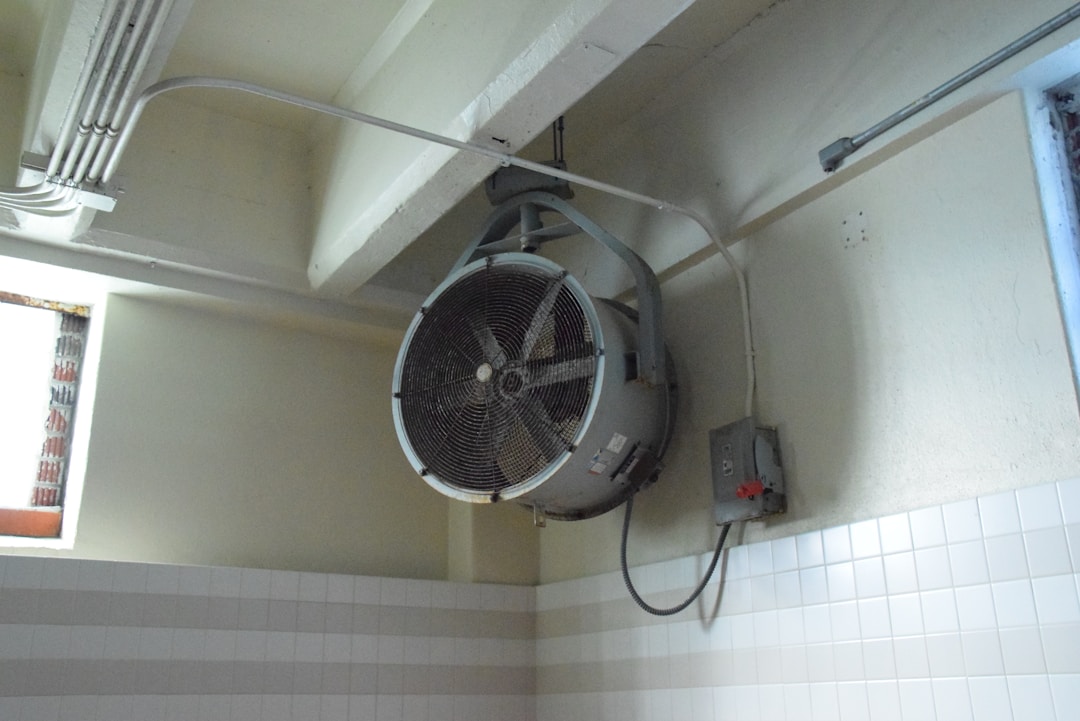
Lack of maintenance can negatively impact indoor air quality and turn an air conditioner into a breeding ground for mold. Built-up moisture can linger within an HVAC, ductless, or window unit. Along with higher humidity levels, you can easily create mold and mildew. If you notice a musty odor that lingers when you turn your air conditioning on, it’s time to turn off the power and scrub out your system. Soap and water are the easiest solutions for air conditioner maintenance.
This cleaning regimen is a small investment to assure that your AC can provide the comfortable temperature you seek, and a quick inspection can provide some peace of mind. The introduction of outdoor air is also helpful in creating better household ventilation during the cooling season. This can be done through natural means, like opening windows, which obviously translates to energy savings with your air conditioner being turned off. You can also do this through mechanical means through ductless HVAC systems.
Calling in the Pros

While you may fear running up a larger bill with costly repairs, bringing in an HVAC technician is actually a smart thing to do as part of annual maintenance. It’s recommended to have a professional come in and inspect the unit from top to bottom. Regular HVAC maintenance includes checking equipment throughout the unit for any loose or corroding parts. This also includes an inspection of ductwork, evaporator coils, and even the thermostat. It’s also important to have a pro on hand to deal with any replacements or any issues with refrigerants that need to be handled by the proper authorities.
Preventive HVAC maintenance can locate the issues with an air conditioner before becoming more significant and leading to a breakdown. A technician can also make sure that the service life of an HVAC unit or standard air conditioner surpasses the average. Book appointments in advance as part of routine maintenance. This will help build a rapport with a technician who can jump to the rescue in emergency repairs.

